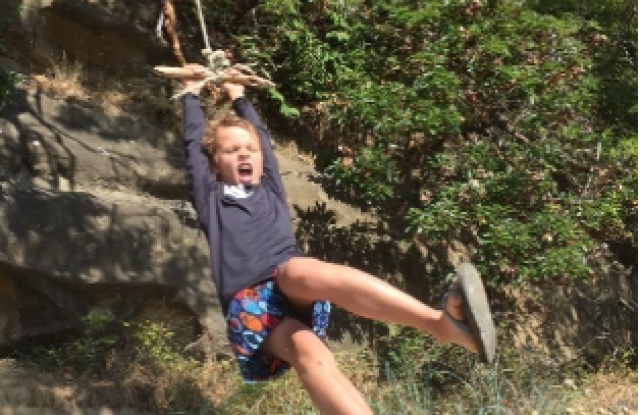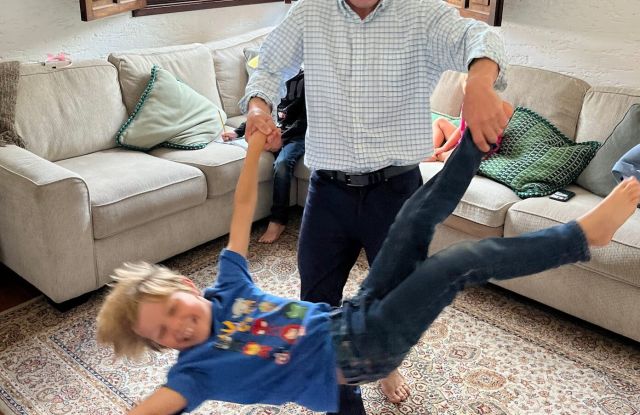Honey, we did the best we could

Caveat to this blog – The following never occurred in my family. My family communicated perfectly. Ahem.
Ever hear this slice of conversation in your home?
“Mom, why didn’t you and Dad stop fighting?”
“Honey, we did the best we could.”
“We did the best we could” – what does that even mean? It could mean a lot of things. So much is latent in the subtext of that statement that as I was taking a shower this afternoon, it just rattled around in my brain, begging to be explored.
Here are some things it could mean:
- “What we didn’t know back then was a lot. Given our ignorance, we bumbled through.” Or…
- “I know I messed up, but this is not something you and I are going to talk about now.” Or…
- “I actually did a lousy job, but I come from a long line of failure, so what can you expect?” Or…
- “You don’t have any idea the pain I’ve been thru. I can’t even talk about this.” Or…
- “Yes, we did the best we could because we tried to control everything and never gave God a shot.” Or…
- “I’m too tired and you were way more than we expected.”
If you’ve ever had this said to you or you’ve ever said it to someone, maybe you can add your own thoughts.
“We did the best we could” is a defensive response that shuts down the person asking the question. If accompanied by a tone of voice, you can use lines like that to set up a perimeter and stiff-arm the other person.
A lot of our communication habits we inherited from our parents – maybe we never even stopped to analyze how counterproductive they are. If you want to really do your best, you’ll take down the barriers that keep people from connecting with you. Start by asking someone close to you, “Am I a defensive person? Do you feel like I listen to you? Am I really hearing your heart?” Then let them help you change. Give them permission to stop you mid-sentence if they feel you shutting them down and you may eventually begin to erect a bridge of empathy and connection between you. If that’s what you want, it will be worth the pain.



You don’t know how timely this was. #4 and #5 resonate with me and how I grew up. I’ve found my parents on occasion coming to me for counseling in my adult years, but it’s been overwhelming. How can I possibly un-do years of pain, hurt, and neglect? Is there anything to redeem in all of this? My spirit man screams yes, but the flesh begs to differ.
Dear J…
God wants to un-do the years of pain, hurt, & neglect. He is more than able! Number 4 & 5 resonate with me right along with 1, 2, 3, & 6. I have experienced them all.
I now live a very free life, to which, as well, my parents look to me for spiritual guidance. They even look up to me… mostly b/c I don’t look down on them.
You are welcome to contact me so we can pray together. Just let Seth know your info and he will let me know…
My experience has been that “we did the best we could” often means, “I don’t want to repent.” I know that things could have been different and still could be different, but my sin and self are in the way, and I’m not interested in making the effort for you. So, you will have to deal with me. It’s a classic maneuver and opportunity to re-focus the attention on a potentially already self-absorbed person.
I agree with Brett, that has been my experience as well. Also one way to avoid this while you are parenting now is:
When you mess up with your kids, own up to it and ask their forgiveness. The power of the apology never ceases to amaze me. Don’t make excuses, just ask their forgiveness and try to right the wrong. When I’ve messed up, or when I provoke my kids to anger, (Ephesians 6:4). Apologize to your kids, repent and ask God to help you through that.
I’ve had numerous kids tell me as a youth pastor and now working with high-risk youth in a para-church setting that they wish they heard their parents say, “I’m sorry for …” But many times pride and self-centeredness stands in the way.